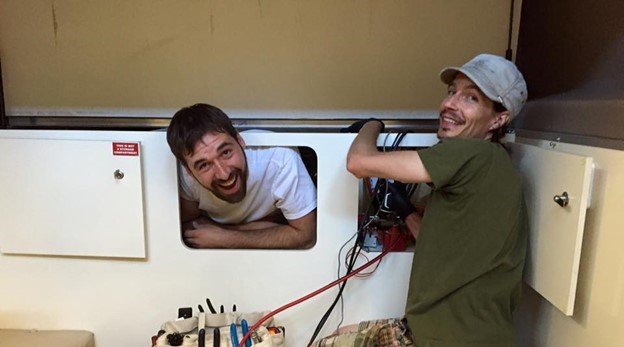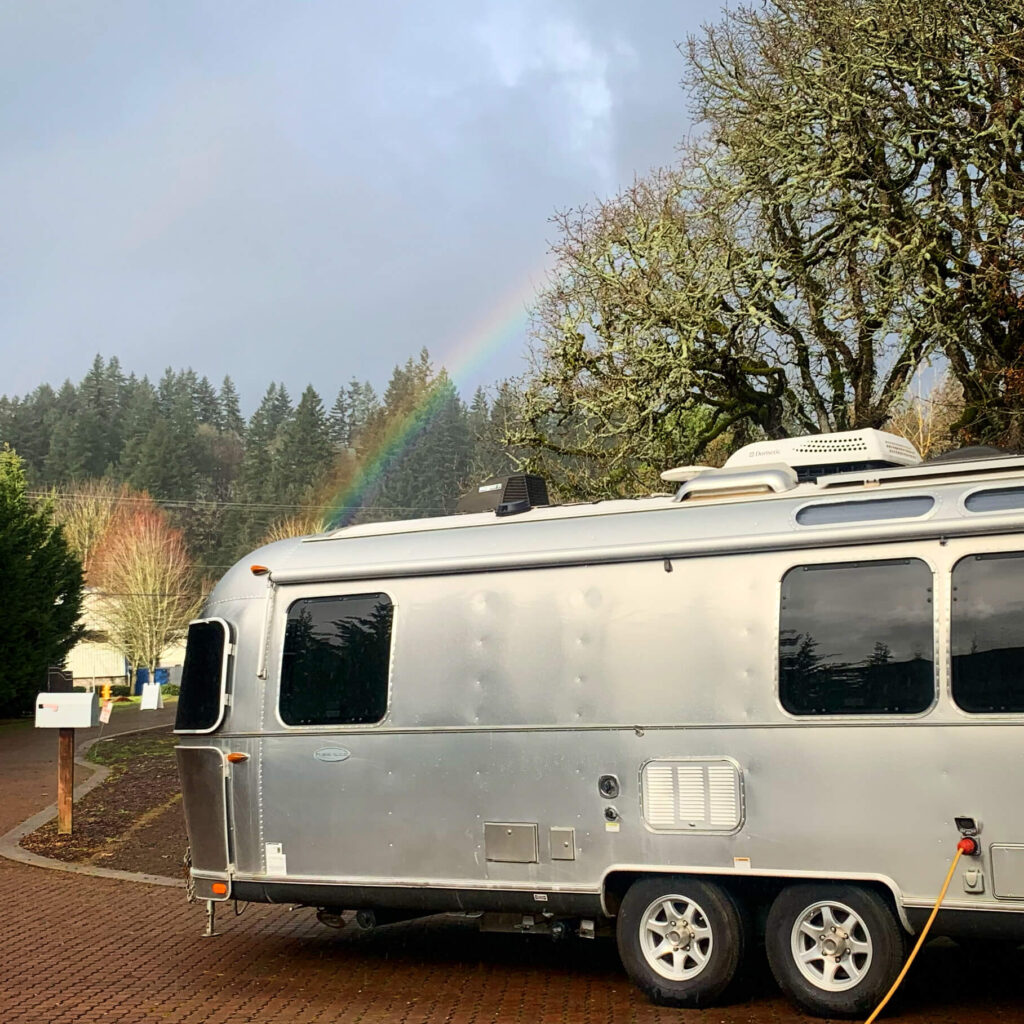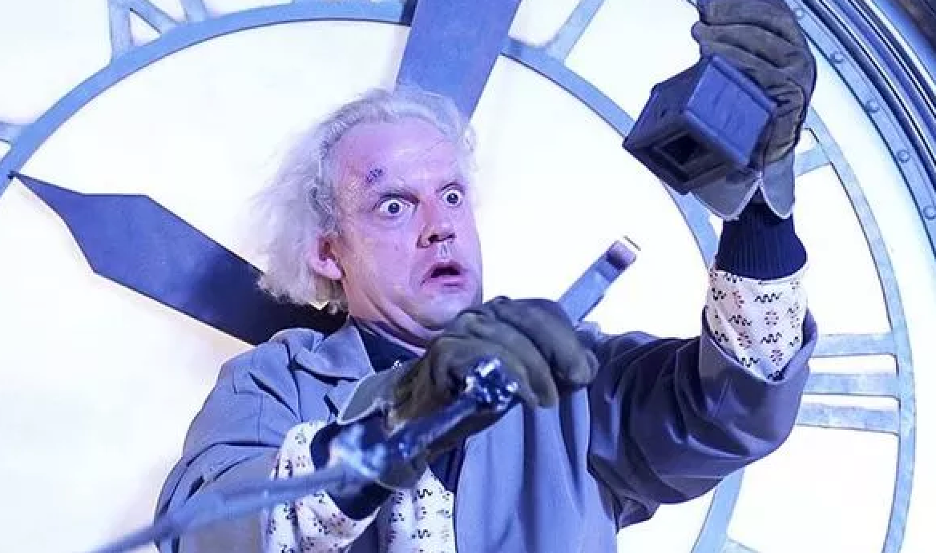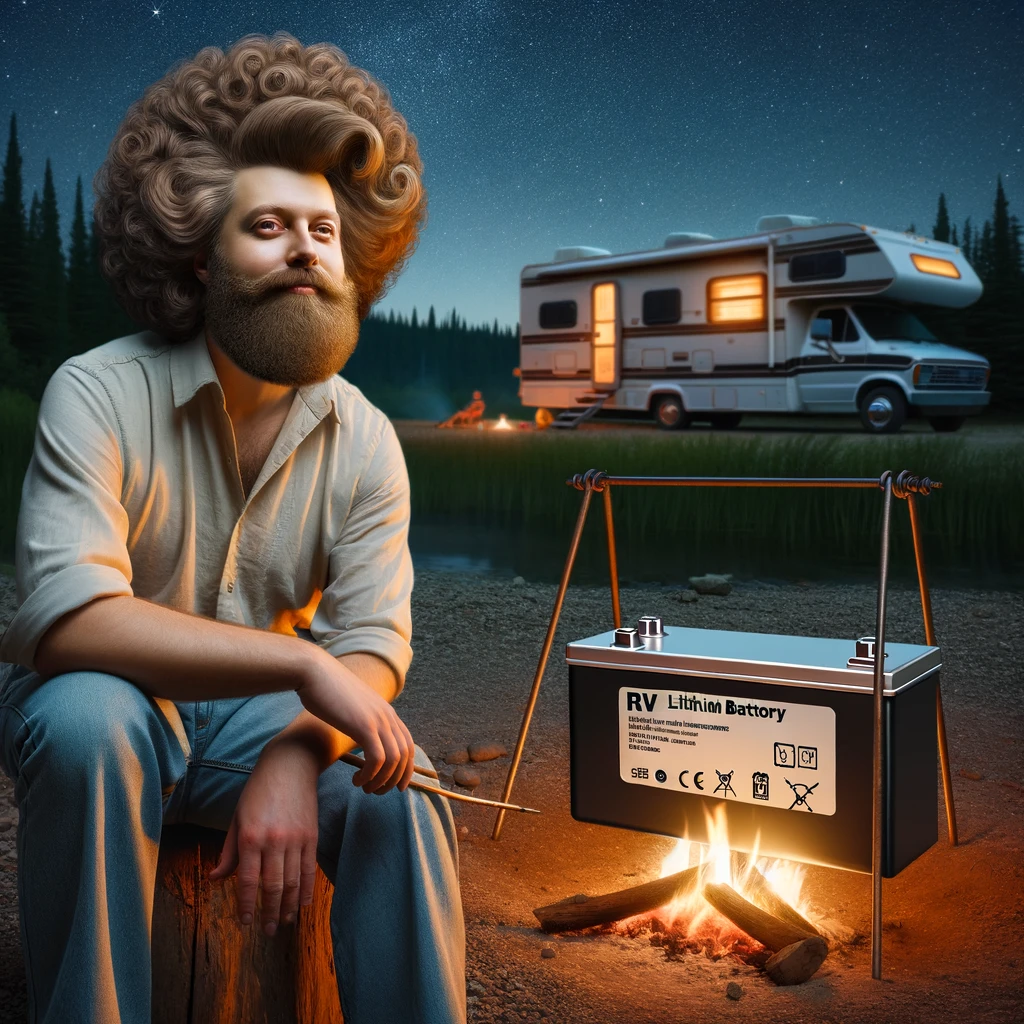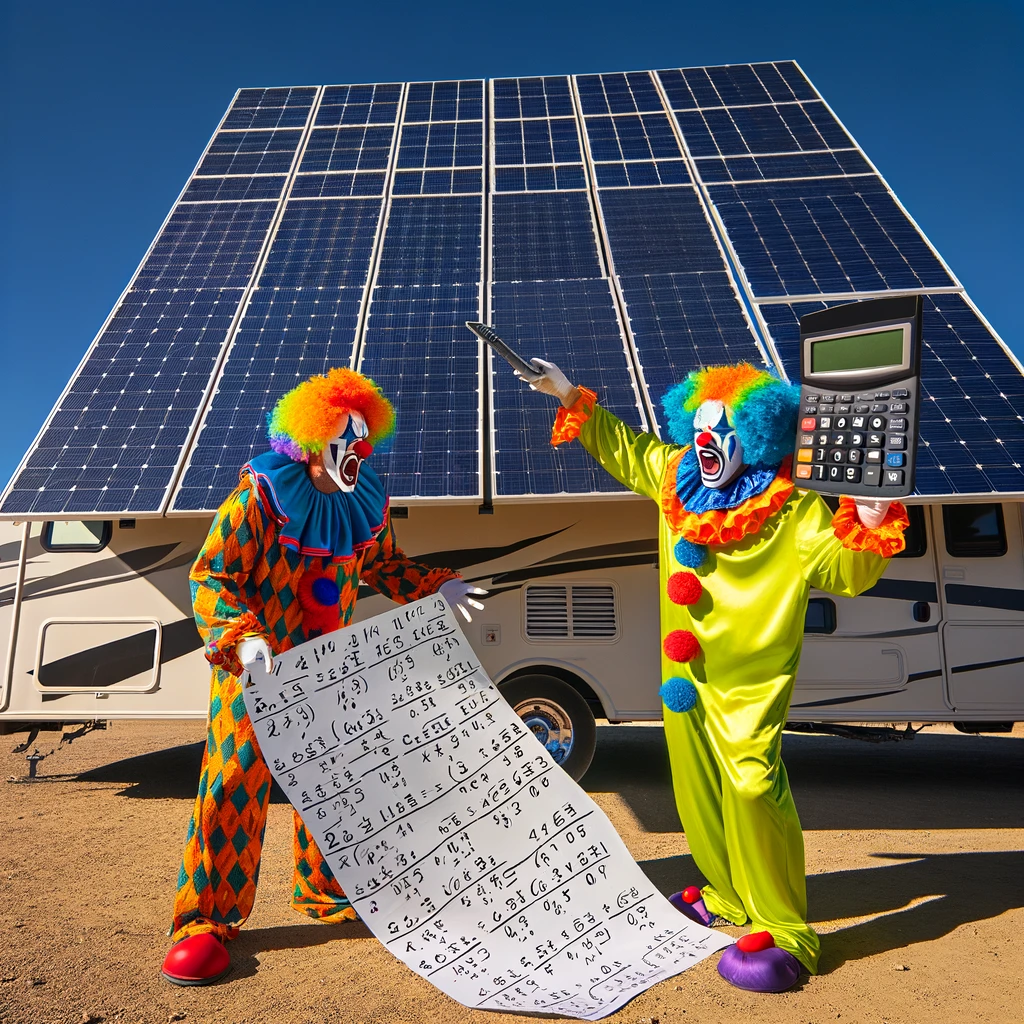Are you considering upgrading your RV’s power system? As your energy needs change and your batteries near the of their life, you might be wondering whether to take on the installation yourself or to hire a professional to do it for you.
At AM Solar, we can help you with either option. We have been installing power systems on RVs since 2002. Over the decades, we’ve seen just about everything and polished our technique to a high level of electrical artistry.
Our installation department is not just a place for hardware installation; it also serves as our research and development (R&D) department and training ground. We learn valuable lessons from our hands-on work, and that knowledge is used to create complete, DIY-friendly kits and instructions. Our installers, who have spent years installing our kits in various types of rigs, are regularly promoted to sales and support roles. This way, they can share their expertise with customers and ensure successful installations.
So, should you do it yourself, or hire a pro?
“My wife, my back, and my knees have a vote in the matter.” ~ Ken
We always encourage people to do an installation themselves, when it’s practical. By doing the work yourself, you can benefit by:
Saving Money – The cost of labor on a professional installation can almost be as much as the hardware itself. If you aren’t having to pay for someone to do it for you, you’ll have more money to spend on a bigger inverter, more lithium, more solar panels, or more gas and ski passes.
Increasing System Familiarity – It’s one thing to have someone explain the system to you (where it may go in one ear and out the other), but it’s something entirely different when you are personally familiar with every component and cable route. Your confidence and ability to troubleshoot if you find yourself in a tight situation will be much higher if you install the system yourself.
Having pride of ownership – It’s more fun to show off something you did, rather than something someone else did and you paid for. Make it your work of art and a reflection of your personal style.
Better Accessibility – If you do the installation work yourself, you’ll have more freedom about when and where the installation takes place. It can start now (or whenever the boxes arrive) and at your house.
But, a DIY installation isn’t always practical. Before you take on the project, ask yourself if you have the following:
The ability to ask questions and follow instructions – You may have to put your ego aside and ask for help. Don’t worry, we are happy to help. We won’t make fun of you. This stuff is complicated, niche knowledge that very few people possess. We tell people “Call us BEFORE you get a headache.” If you don’t understand an aspect of our instructions, just treat it like a conversation guide, and we can get you more details.
The time to focus – Some complex installations take our shop crew 60 hours to complete. That’s 60 hours, with a lot of experience, the perfect facility, and all the right tools. Ask us how long it might take to install your project and ask yourself if that fits into your lifestyle. As the parent of a two-year-old, I regretfully cannot do a DIY installation.
Physical Ability – How do you feel about cramming your body into tight spaces and climbing on roofs? Are your hands strong enough to cut and route cable, or crimp lugs? If this sounds terribly unpleasant, hire a professional.
Ambition and confidence – When you do this, you will likely be doing things you’ve never done before with expensive hardware, that could make a fire or shock you if you get too creative/careless. Ironically, we recently worked with a group of engineers on a large system. Because of their knowledge (enough to be dangerous) they had a lot more questions and reservations than a typical DIY customer with zero knowledge.
Basic carpentry skills – With this type of project, basic carpentry skills are more valuable than basic electrical skills. We handle the electrical part with the system design and diagrams. Putting it together requires the ability to use tools and work neatly. Although carpentry experience isn’t a requirement, it does result in prettier installations.
Tools and a facility – Make sure you have a place to do the work. This place needs to be comfortable and out of the rain if you’re doing roof work.
Know-how – Some projects are too complicated for a typical DIY customer. If you are wanting a system with dual inverters, or high current alternator charging to a trailer, you better be a seasoned electrical engineer or someone with automotive electric experience. If you aren’t, hire a professional and save yourself from a lot of stress.

If a DIY installation just isn’t practical, make sure the professional you hire is an actual professional. Be warned, there are no regulatory bodies or code requirements governing mobile power systems. Any idiot can say they are an expert on this, and many of them do (We frequently have to fix their work.) Find a company with a long track record. Look at their Google reviews. Choose wisely, and know that you usually get what you pay for.
Contact us today to get a quote for our installation kits or to hire us for your next installation project.
